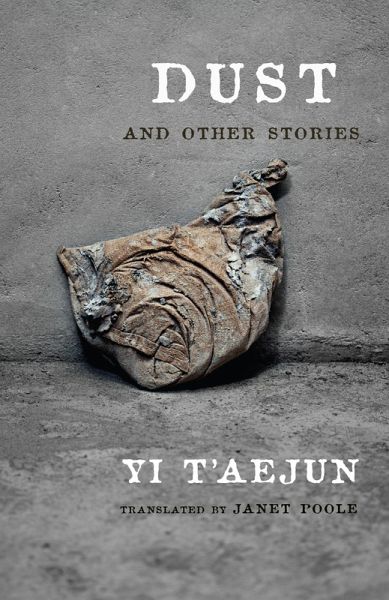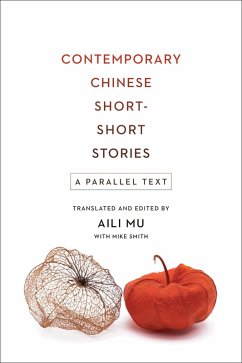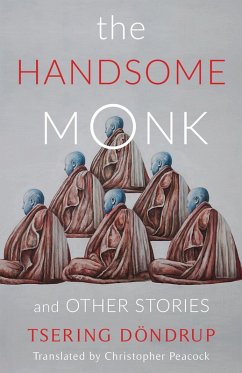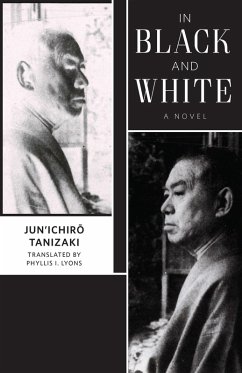
Dust and Other Stories (eBook, ePUB)

PAYBACK Punkte
10 °P sammeln!
Yi T'aejun was one of twentieth-century Korea's true masters of the short story-and a man who in 1946 stunned his contemporaries by moving to the Soviet-occupied northern zone of his country. In South Korea, where he is known today as "one who went north," Yi's work was banned until 1988. His momentous decision did not lead him to a safe haven, however: though initially welcomed into the literary establishment, North Korea sent him into internal exile in the 1950s, and little is known of his fate.Dust and Other Stories offers a selection of Yi's stories across time and place, showcasing a supe...
Yi T'aejun was one of twentieth-century Korea's true masters of the short story-and a man who in 1946 stunned his contemporaries by moving to the Soviet-occupied northern zone of his country. In South Korea, where he is known today as "one who went north," Yi's work was banned until 1988. His momentous decision did not lead him to a safe haven, however: though initially welcomed into the literary establishment, North Korea sent him into internal exile in the 1950s, and little is known of his fate.
Dust and Other Stories offers a selection of Yi's stories across time and place, showcasing a superb stylist caught up in the midst of his era's most urgent ideological and aesthetic divides. This collection unites his earlier modernist masterpieces from the colonial era with his little-known work penned during North Korea's founding years, offering a rare glimpse into the making-and crossing-of the border between south and north. During the turbulent final years of Japanese rule, Yi's elegant yet subdued stories championed both his native tongue and the belief in the capacity of art. In the heavily politicized environment of the North, his later works maintain a faith in the art of storytelling and a concern for the disappearance of customs in the throes of modernization. Throughout both eras, Yi focused on ordinary people: old men struggling to understand a changing world, lovers meeting up among ancient ruins, a lively widow targeted by a literacy campaign, a bourgeois couple trying to sustain themselves during the war by breeding rabbits, and more. Magnificently translated by Janet Poole, Yi's work bears witness to global turmoil with a melancholic sense of enduring beauty.
Dust and Other Stories offers a selection of Yi's stories across time and place, showcasing a superb stylist caught up in the midst of his era's most urgent ideological and aesthetic divides. This collection unites his earlier modernist masterpieces from the colonial era with his little-known work penned during North Korea's founding years, offering a rare glimpse into the making-and crossing-of the border between south and north. During the turbulent final years of Japanese rule, Yi's elegant yet subdued stories championed both his native tongue and the belief in the capacity of art. In the heavily politicized environment of the North, his later works maintain a faith in the art of storytelling and a concern for the disappearance of customs in the throes of modernization. Throughout both eras, Yi focused on ordinary people: old men struggling to understand a changing world, lovers meeting up among ancient ruins, a lively widow targeted by a literacy campaign, a bourgeois couple trying to sustain themselves during the war by breeding rabbits, and more. Magnificently translated by Janet Poole, Yi's work bears witness to global turmoil with a melancholic sense of enduring beauty.
Dieser Download kann aus rechtlichen Gründen nur mit Rechnungsadresse in A, D ausgeliefert werden.













